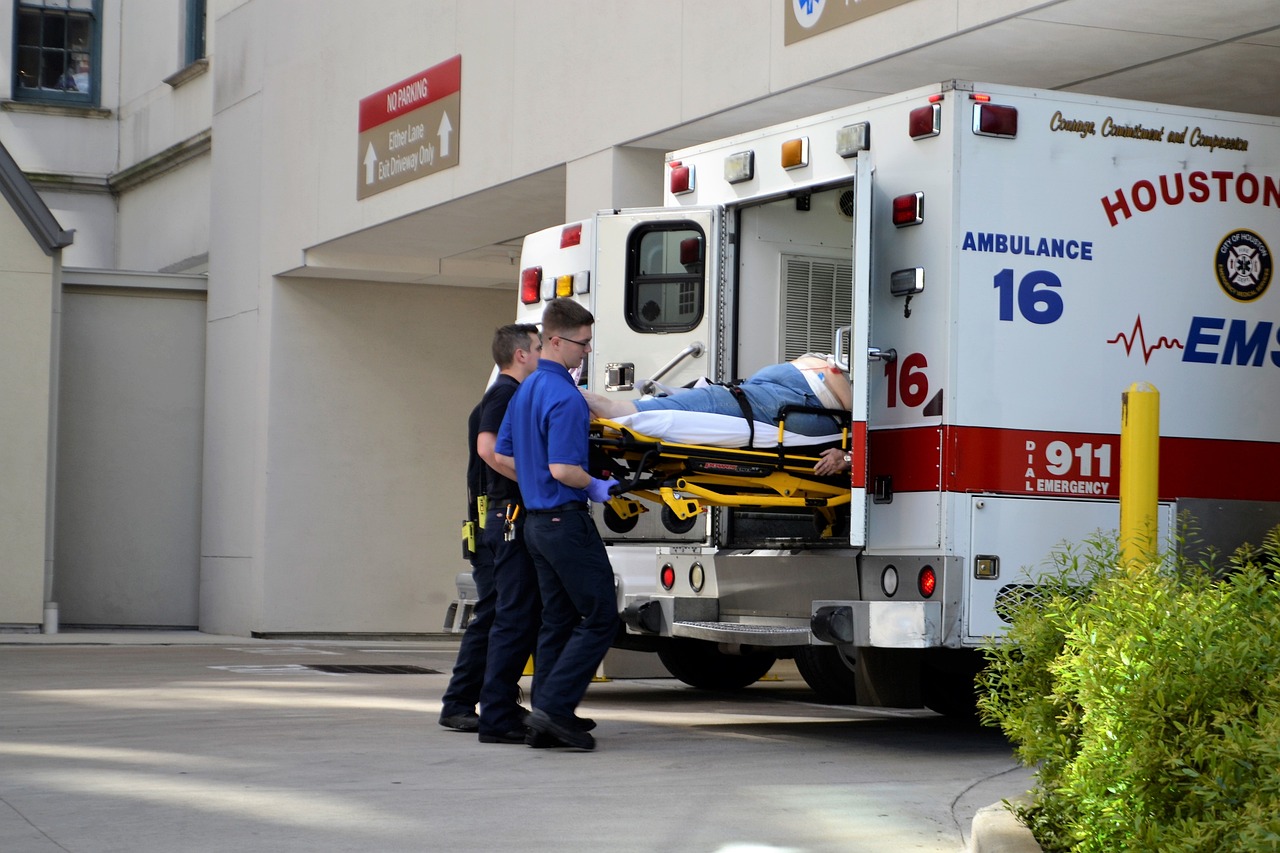Mental Health
Make the Most of the Holiday Season for Your Aging Loved Ones with Memory Loss

(Photo : Make the Most of the Holiday Season for Your Aging Loved Ones with Memory Loss)
If you have an aging loved one living with dementia, or another form of age-related memory loss, you may have noticed a change in the way they participate in celebrations or large gatherings. While the holiday season is a wonderful and ideal time of year to spend with family and friends, some common holiday activities can feel overwhelming for those with dementia or memory loss.
As a caregiver or loved one with an aging parent, planning for the holidays can feel overwhelming. While this stress may be exacerbated if you're caring for someone with dementia, alzheimers or other age-related memory loss, this article will detail the best ways to ensure all of your loved ones can make the most of this year's festivities.
Spend Time Planning
While planning and preparing is an important and necessary step to ensuring your holiday plans run smoothly, it's especially important if you're caring for a loved one with dementia or memory loss. Carve out time to sit down and talk to your loved one well in advance of the festivities to describe the day's itinerary, what they can expect and how you and others can best provide support. This will help them to feel prepared as well as help to make them feel apart of the festive planning. Similarly, if your loved one lives in a retirement residence or memory care community, consider speaking to some of the staff ahead of time to ask for tips or advice-they will often be able to offer suggestions based upon your loved one's routine and preferences.
In addition to your aging loved one, ensure you also update other family members on your loved one's condition and how they're doing. This can be especially important if your family get-togethers are less frequent, as your loved one may have experienced physical or cognitive changes since the last gathering.
While over-planning can be tempting, and is sometimes inevitable when it comes to the holidays, try to keep your loved one's routine and comfort levels in mind. Many seniors with dementia, or Alzheimer's disease, experience sundowning and can become increasingly tired or irritated throughout the course of the day. As such, ensure that you plan certain outings, such as family meals, an outing to see a play, or a walk to admire the holiday decorations, during the earlier parts of the day.
Get Your Loved One Involved
Memory loss affects everyone differently, and the effects experienced by your loved one can vary greatly from others. For example, while your loved one may not recall what they ate for dinner yesterday, they may be able to remember a childhood memory in great detail. Get to know and understand your loved one's preserved abilities and have them engage in fitting activities, which can further help them to feel part of the holiday planning and include them in your family's traditions.
In order to maintain balance, it's important to be mindful of your loved one's schedules when getting them involved in the holiday celebrations. For seniors with dementia and other forms of memory loss, the stress and over-stimulation that can appear during the holiday season can be overwhelming, so sticking to a schedule while getting your loved one involved can help mitigate these effects.
Communicating Effectively
Casual conversation and catching up with friends, family and loved ones over the holiday seasons can be something we take for granted. If you have a loved one living with dementia or memory loss, knowing how to effectively communicate can make a world of difference. Consider focusing on topics of conversation that don't necessarily have a "right" or "wrong" answer, but rather can be left open-ended. Additionally, try to avoid topics of conversation that require your loved one to recall a specific memory. It's important to note, however, that sometimes asking about events that happened in the past and sharing history can elicit memories within your loved one more successfully than talking about recent events. Often times, looking at old photographs or watching home videos can help your loved one recall certain memories.
Ask For Help When You Need It
In the midst of the holiday frenzy, it's important to take a moment for yourself to remember that as a single person you cannot be expected to do everything. Afterall, if you feel yourself getting exhausted and frazzled, chances are you won't be able to provide the level of care you'd like to provide your friends and family. Ultimately, the care and enjoyment of your loved ones should be your top priority, regardless of their physical, mental or cognitive considerations. However, ensure you take particular care to ensure your loved ones with dementia or memory loss are your highest priority during the holiday season.
If you find yourself needing help, considering asking your spouse, your children or other family members to pitch in to help with things like cooking, cleaning, gift wrapping or shopping.
In the same way that dementia and memory loss affects everyone differently, holiday traditions will also vary across families. Follow the tips that you feel best suit your family if you're spending the festive season with a loved one with dementia or memory loss, and understand that these conditions won't prevent your family from enjoying a memorable holiday season. Check out Seasons Retirement Communities for tips and advice if you have a loved one living with dementia or memory loss, or if you and your family feel like it's time for a move into an active retirement residence.
* This is a contributed article and this content does not necessarily represent the views of counselheal.com









Join the Conversation